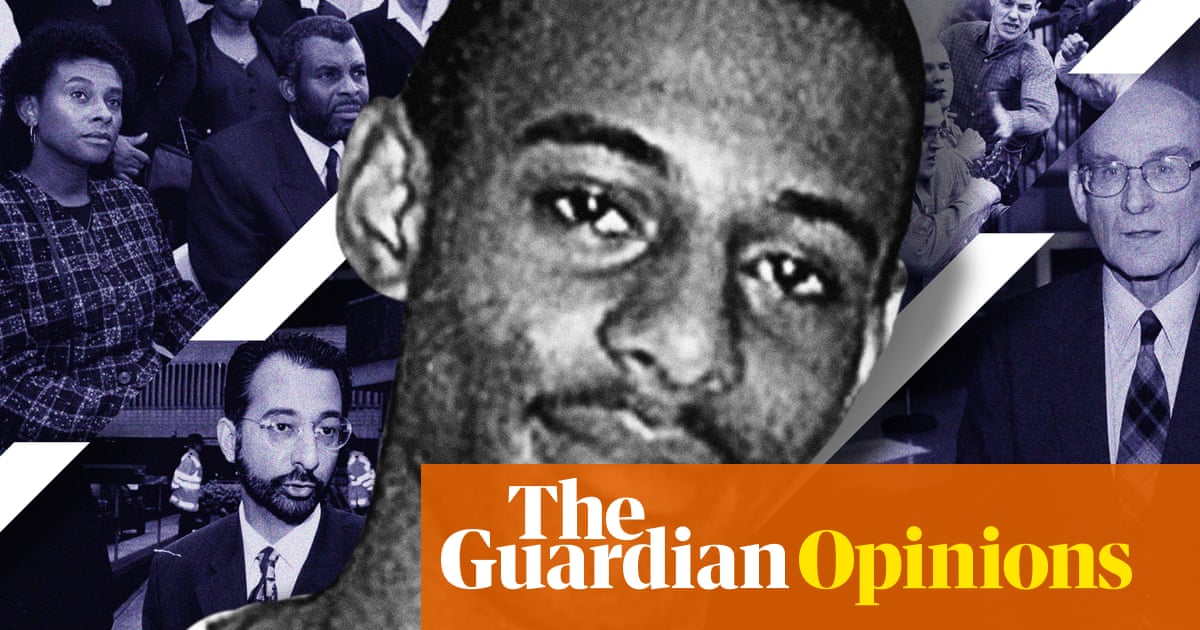
The 10th anniversary of the height of the international economic crisis, which saw the collapse of Lehman Brothers and other major firms, is fast approaching. A decade on from September 2008, the fact that multiple equity markets are near all-time highs, and the global economy is growing robustly again, is disguising one of the key legacies of the period.
For one of the major ramifications of that crisis, considered by many economists to have been the worst since the Great Depression of the 1930s, is growing distrust in business, not least amongst the young. And in turn, this has helped fuel the post-truth phenomenon — in which objective facts have become progressively less influential in shaping public opinion than appeals to emotion — by reinforcing a wider collapse of public confidence in major institutions in both the private and public sectors.
While growing distrust in business is shown in numerous opinion polls, it is also symbolized by the significant protests since 2008, including the Occupy movement, which came to international prominence in Wall Street in 2011 in its campaign against social and economic inequality. The Occupy demonstrations, often driven by younger people, subsequently spread to around 1,000 cities and more than 80 countries in all continents of the world, from Canada to Norway to New Zealand.
Diminished confidence in business has reinforced key drivers of the post-truth era, adding to the broader collapse of trust in major institutions. And while much attention has been focused on the political causes and ramifications of the post-truth phenomenon – not least with the controversies surrounding Donald Trump’s White House campaign and subsequent presidency — it has profound implications beyond democratic politics.
For business, one of the key challenges of the post-truth age is that belief in what many corporates are saying and doing has been undermined as distrust has grown. This poses new hurdles for firms looking to grow and enhance reputations in a world where there is already a long-standing and growing backlash against business on issues such as executive pay, through to international trade and globalization.
Key ways that businesses can build trust include tried and tested ones of creating good new jobs and investing in the economy, while paying workers fair wages and benefits. Yet, beyond this, a growing number of firms are using new thinking and ideas to restore credibility.
Diminished confidence in business has reinforced key drivers of the post-truth era, adding to the broader collapse of trust in major institutions
Andrew Hammond
One key feature of the post-truth landscape is that while faith in big institutions and many elites — including CEOs and leading politicians — has generally been declining, trust in the views of family, friends and close colleagues — who are perceived to have more authenticity and legitimacy — is growing. And this trend relates to a second key driver of the post truth-age, with the digital revolution changing the way many of us consume information through social media.
Research shows that recommendations from family, friends and colleagues we know and trust are becoming increasingly influential in shaping opinions and behavior. Well before Trump’s shock US presidential election victory in 2016, the political world had been trying to get to grips with these important changes, and corporates are also increasingly seeking to address them too.
One way some corporates are harnessing the power of this shift is through empowering new grassroots advocates to help rebuild trust. For instance, employees and supply-chain partners have significant credibility and legitimacy as third-party validators, and social media has significantly increased the level of influence that these single persons or organizations can potentially have.
Another key feature of the global landscape is founded on the apparent paradox that while there is generally growing distrust in business, many people nonetheless expect the private sector to play a greater role in changing society for the better. This includes helping to tackle the range of grand challenges facing the world, from environmental problems such as climate change, to growing economic inequality in many countries and health issues such as the escalating international epidemic of obesity.
Of course, many corporates have long had sustainability, social responsibility and/or philanthropic programs to help address such issues. However, the scale of the challenge — and potentially opportunity — is giving rise to what leading Harvard academic Michael Porter has highlighted as a new way for firms to secure the competitive advantage by creating what he calls “shared value” for society as well as shareholders.
Perhaps the key idea behind this shared value concept is that the corporate competitiveness and the health of society at large can be mutually dependent and reinforcing. Thus capitalizing on the connections between societal and economic progress can potentially help drive sustainable, inclusive growth and shared prosperity in the years to come, and help firms rebuilt legitimacy and trust.
Taken overall, the post-truth phenomenon is likely to continue to have profound implications for business just as for democratic politics. A decade on from the international economic crisis, with the loss of faith in big institutions and many elites showing no major signs of rebounding, this means corporates will increasingly need to look for new, innovative ways to rebuild reputation.
• Andrew Hammond is an associate at LSE IDEAS at the London School of Economics.
Disclaimer: Views expressed by writers in this section are their own and do not necessarily reflect Arab News" point-of-view












